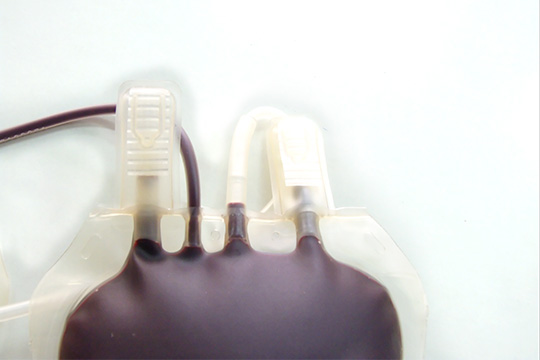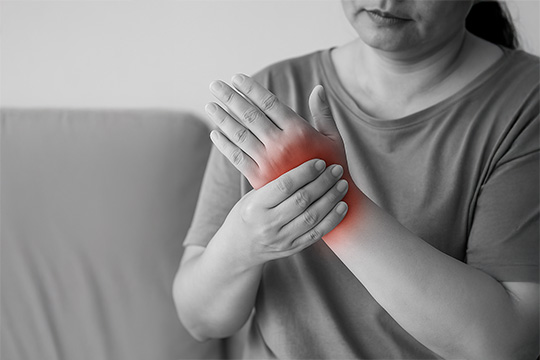Home > Disease and Treatments > Tuberculosis|Symptoms, Diagnosis & Treatment
Tuberculosis|Symptoms, Diagnosis & Treatment
An overview of tuberculosis
Tuberculosis is an infectious disease that can affect the lungs or other tissues. In addition to the lungs, it can affect your spine, brain and kidneys as well. Tuberculosis is also called TB. It is important to be treated if you become infected with TB.
Therefore, two TB-related conditions exist: latent TB infection (LTBI) and Active TB disease. It is possible to die from TB if it is not treated properly.
Common symptoms include :
- Cough that lasts longer than 3 weeks – expect mucus (phlegm) or mucus containing blood
- feeling tired
- High temperatures or night sweats
- A lack of appetite
- weight loss
- Generally feeling unwell
- Weight gain and growth may also be problematic for children.
In the case of TB spreading to the glands (lymph nodes), bones, or brain, you may also experience other symptoms, including:
- swollen glands
- Aches and pains in the body
- Joints or ankles swollen
- Pain in the abdomen or pelvis
- constipation
- Cloudy or dark pee
- Rash on the legs, face, or other parts of the body
In what situations should we seek medical attention in an emergency ?
As with many other illnesses, tuberculosis has similar symptoms.
You should seek emergency medical attention if you have:
- Chest pain
- An intense headache that occurs suddenly.
- Confusion.
- Seizures.
- Difficulty breathing.
Get immediate or urgent care if you:
- Cough up blood
- Urine or stool containing blood.
Causes of Tuberculosis disease
The bacteria responsible for TB is called Mycobacterium tuberculosis.
Most TB infections affect the lungs, but they only spread after prolonged exposure to people with the disease. Often, it spreads within a family living together. In some cases, the immune system is unable to kill bacteria but manages to prevent them from spreading throughout the body. In this case, you will not experience any symptoms, but the bacteria will remain in your body. This is known as ‘latent TB’.
If the immune system fails to eliminate the infection, it can spread to other parts of the body and symptoms will appear within a few weeks or months. This is known as ‘active TB’.
When your immune system weakens, latent TB can become active TB.
Risk factors
The risk of contracting tuberculosis increases with certain factors.
Risk Factors
In certain living or working conditions, the disease can spread more easily. If Living with someone who has active TB and living in a community identified as being at high risk of tuberculosis. For example prisons, nursing homes and shelters for homeless people.
Risk of active TB disease
When the immune system is weakened, TB infections are more likely to become active TB diseases. There are several conditions or treatments that weaken the immune system, including:
- HIV/AIDS.
- Diabetes.
- Severe kidney disease.
- Malnutrition or low body weight.
- chemotherapy.
- Taking prescription steroids for an extended period of time.
- Injecting illegal drugs.
- Alcohol abuse.
- Alcohol abuse.
Diagnose
Screening for TB can be performed with the Mantoux tuberculin skin test (TST) or the blood test, called the interferon-gamma release assay (IGRA).
The following tests can be used to determine whether your lungs are infected or if an infection is active:
- Lab tests on sputum and lung fluid.
- Chest X-ray.
- Computed tomography (CT) scans.
Treatment for tuberculosis (TB)
You must take all of the medication your internal medicine specialist prescribes. You will have to take medications for as long as you're told sometimes up to nine months., you may also need steroid medicine if TB has spread to your brain, spinal cord, or heart area. Latent TB (TB without symptoms) usually requires 3 to 6 months of antibiotic treatment.
Take your antibiotics as prescribed and until they are finished, regardless of how you feel. Stopping your treatment early could result in TB returning.
Prevention
In most cases, we must be in contact with someone with active TB for a long time. Follow these guidelines to prevent infection,
- Regularly and thoroughly wash your hands to keep them clean.
- Covering your mouth or coughing into your elbow.
- Avoiding close contact with others
- Make sure your space is ventilated. If possible, open the windows and use a fan. Poor ventilation makes germs more likely to spread.
Disclaimer
This is general information about the disease and treatment options, please consult a specialist doctor for right diagnosis and treatment which may vary based on each





